The Hurry Up And Wait Syndrome: Maritime Logistics’ Most Expensive Bad Habit
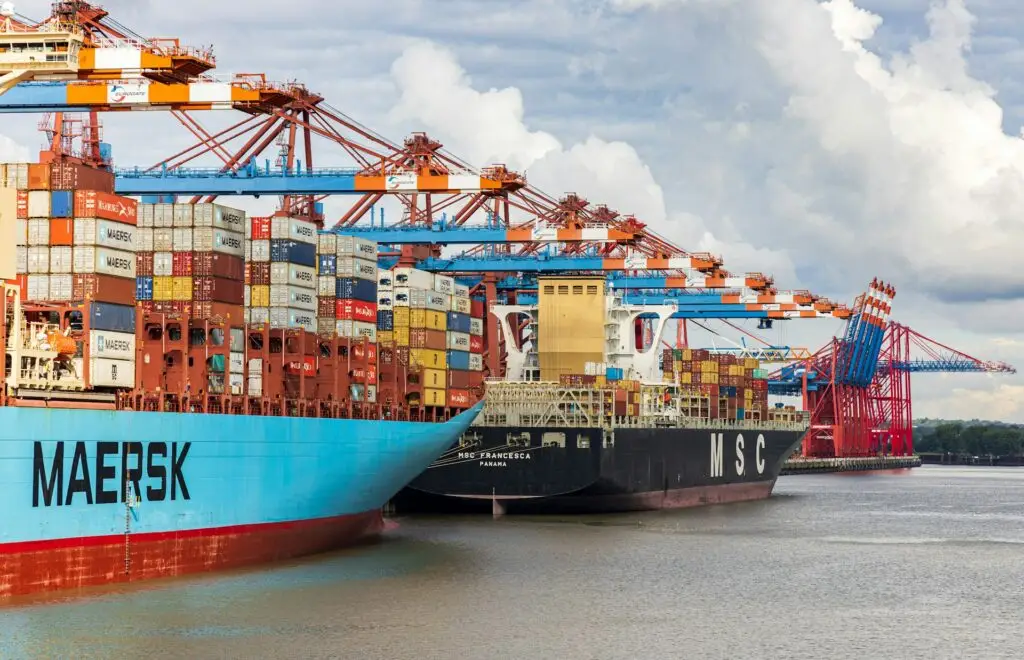
The “Hurry Up and Wait” (HUAW) syndrome is the maritime equivalent of speeding to a red light. It’s an efficiency killer that costs the industry billions in fuel and carbon penalties every year. It is the systemic pattern of vessels burning excess fuel to reach port as fast as possible, only to sit at anchor […]
Why We’re Planting Coral Reefs This Holiday Season

At Dockflow, we track millions of containers across the world’s oceans. But those oceans are more than just highways for cargo. They’re living ecosystems that support billions of people and countless marine species. This holiday season, instead of sending traditional gifts to our customers, we partnered with Go Ocean to restore coral reefs in Indonesia […]
Thriving in the 4.0 Era: A Blueprint for Maritime Logistics Digitalization
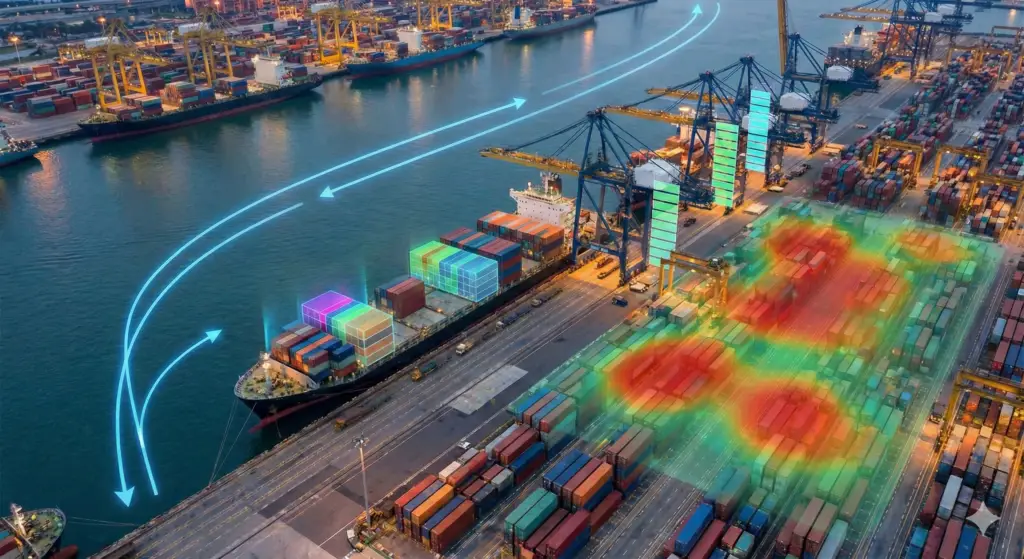
Maritime logistics, the engine behind nearly $7 trillion in annual global trade, is undergoing a fundamental transformation. The Fourth Industrial Revolution, defined by automation, artificial intelligence, Internet of Things (IoT), and real-time connectivity… is reshaping transportation and logistics at the system level. Port Technology International’s Smart Port Terminals paper outlines how this evolution isn’t merely […]
Escalating Emissions: Red Sea Disruptions and the Carbon Cost of Global Shipping
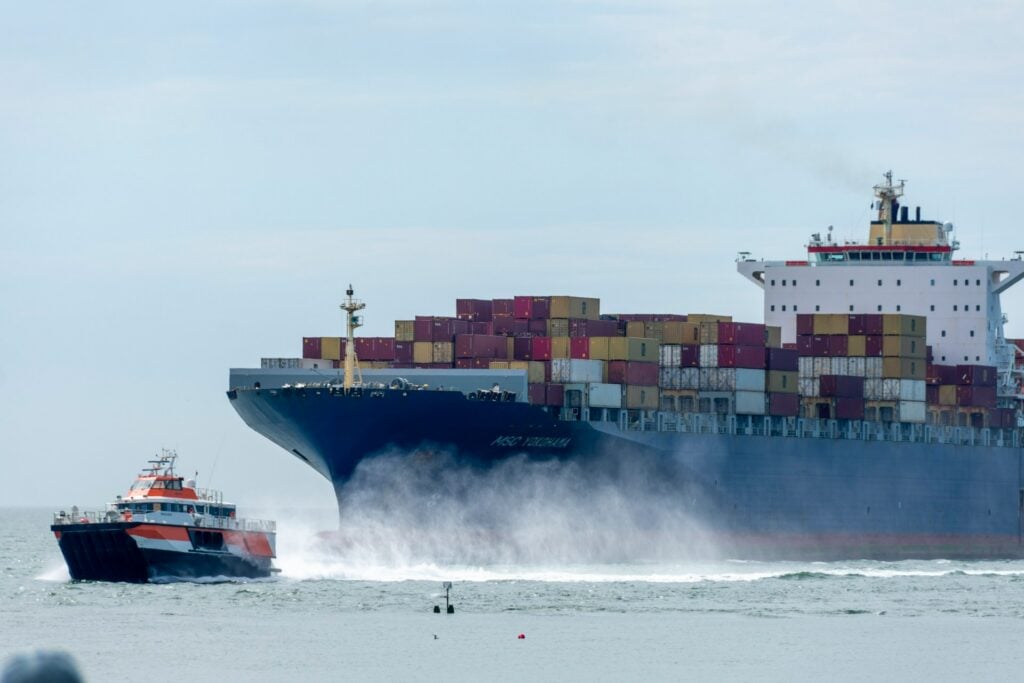
The Global Shipping Landscape Maritime shipping is the engine of global trade, with nearly 6,000 container vessels delivering over $7 trillion in goods annually. When oil tankers and bulk carriers are included, there are roughly 100,000 vessels traversing the oceans at any given moment. The largest container ships now exceed 24,000 TEU, highlighting the sector’s […]
What Is Supply Chain Visibility and Why It Matters
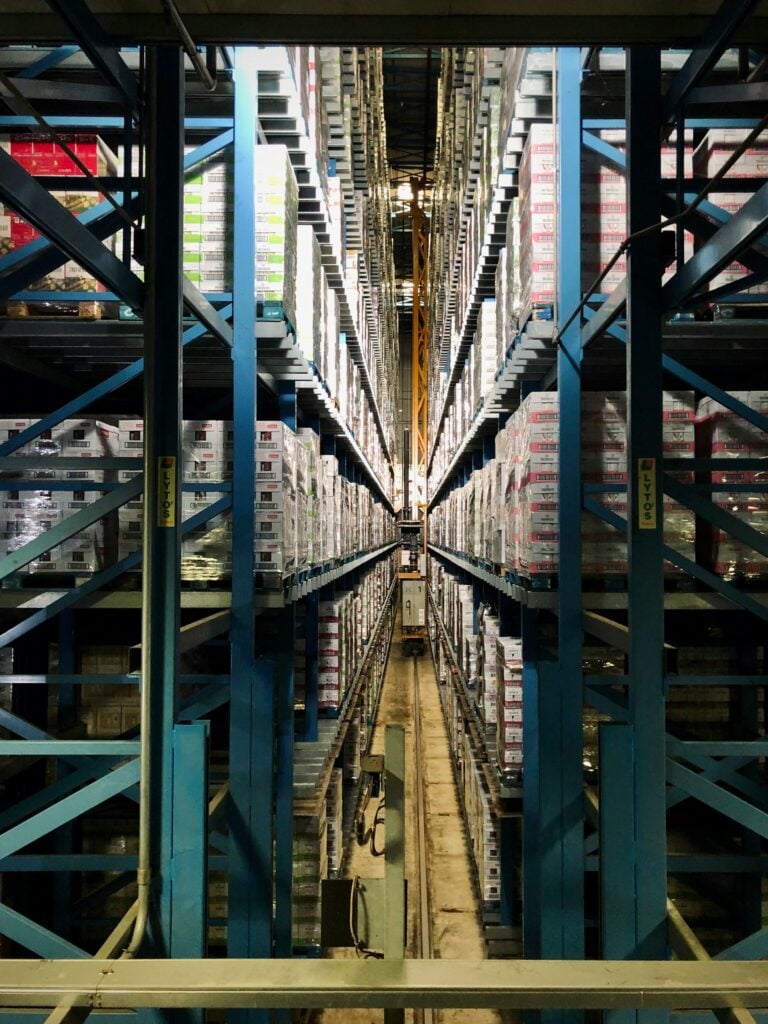
From Global Chaos to Operational Clarity Maritime logistics powers more than $7 trillion in annual global trade. Yet, despite its scale and impact, the supply chain remains startlingly fragile. From Red Sea diversions and labor shortages to tariff shocks and carbon surges, today’s supply networks face mounting pressure from every direction. And without visibility, businesses […]
Falling Freight Rates, Rising Urgency for Supply Chain Visibility
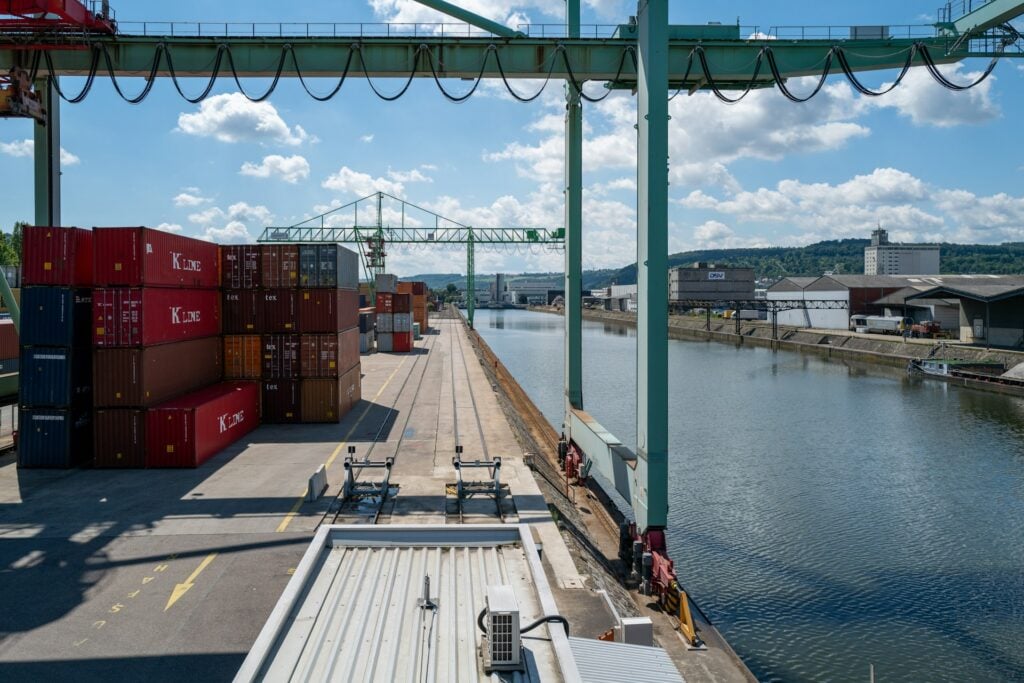
This peak season is anything but ordinary. Despite robust shipping demand, ocean freight rates on the main East-West trade lanes are plummeting. On the Transpacific, spot rates surged above $6,000/FEU to the U.S. West Coast in June, only to collapse to ~$1,700–2,300/FEU by mid-August. Rates to the East Coast dropped to ~$2,700–3,400/FEU. Similarly, Asia–Europe spot […]
Meet Dockflow at the Transport Logistic Exhibition in Munich
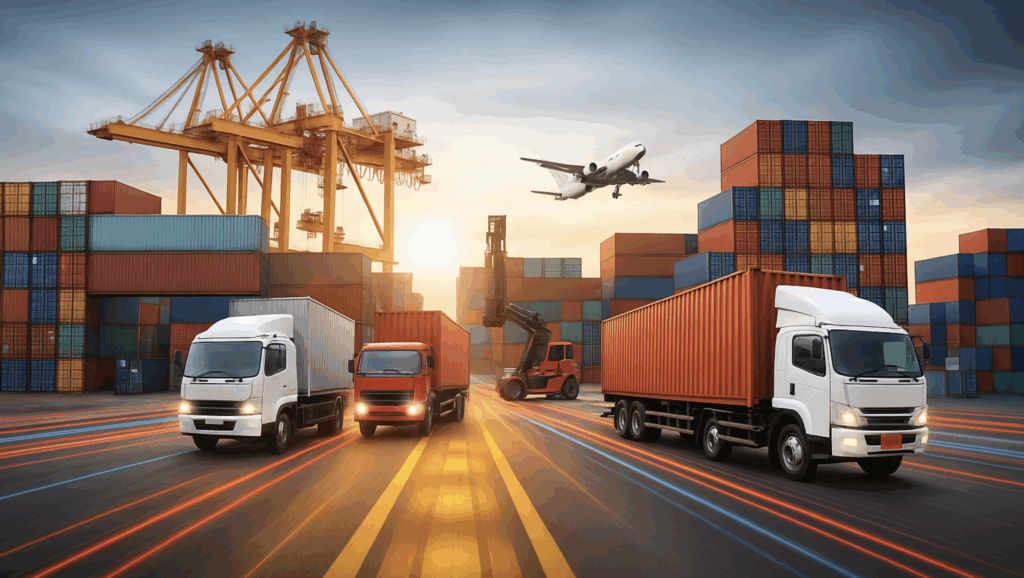
Join us for innovation, conversations, and a chance to win brand new AirPods! From 3 to 5 June, Dockflow will be exhibiting at the Transport Logistic Exhibition in Munich, the world’s premier event for logistics, mobility, IT, and supply chain management. As a leading player in maritime logistics enablement, we’re excited to connect with industry […]
How to Choose the Best Supply Chain Visibility Software

Supply chain visibility software is essential for logistics businesses to manage the complexities of modern supply chains. Such software integrates technologies like machine learning and GPS tracking to provide real-time insights. This enables companies to track shipments, optimize inventory, and enhance communication across their supply chain network. With global disruptions and rising consumer expectations, companies […]
Women’s Day 2025: The Evolution of Women in Supply Chain & Leadership
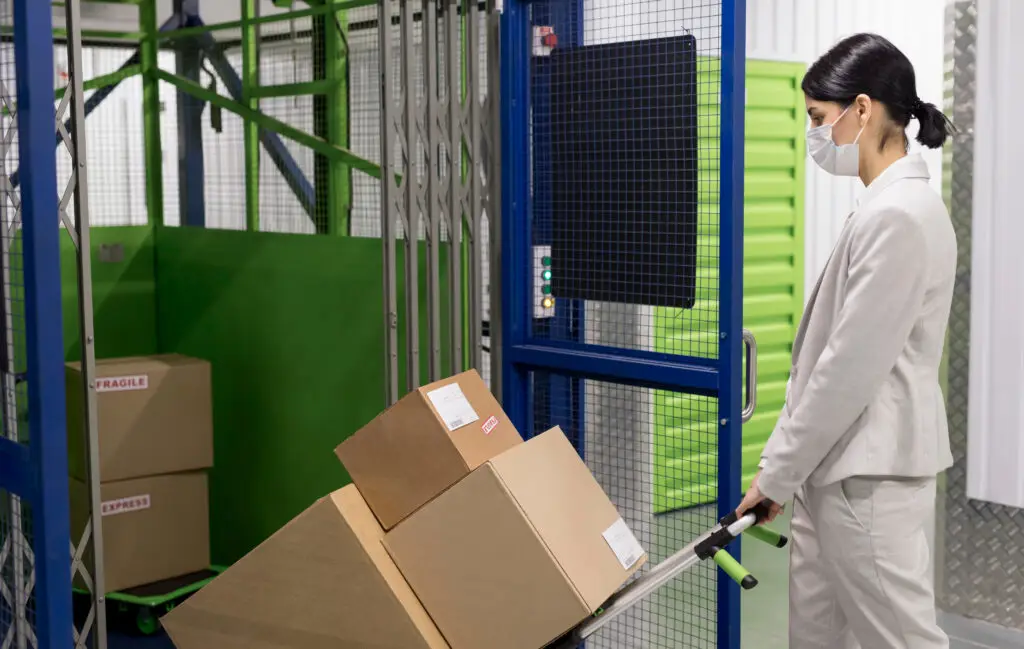
The logistics and supply chain sector has long been seen as a male-dominated industry. However, women are transforming the landscape, bringing new perspectives, adaptability, and innovation to a field that thrives on efficiency and resilience. Breaking Barriers in Supply Chain The tide is shifting. Across industries, women’s participation in supply chain roles has grown significantly. […]
CO₂e and CSRD Compliance for Container Shipping: Best Practices
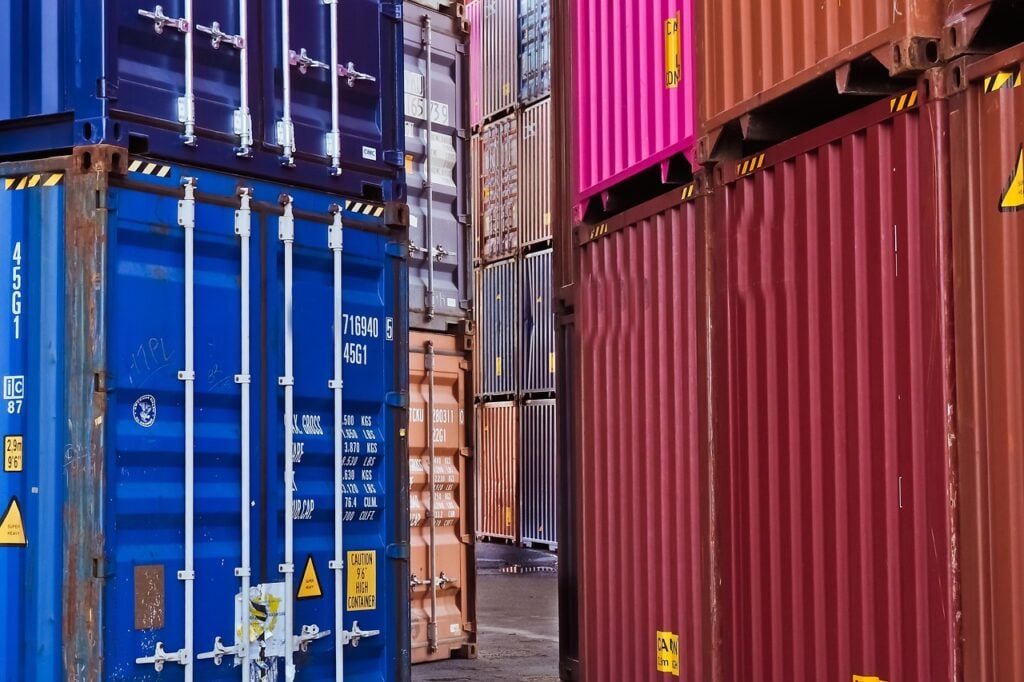
Due to stricter environmental regulations, container shipping companies now must track CO₂e emissions and comply with CSRD regulations. The European Union’s Corporate Sustainability Reporting Directive (CSRD) mandates structured sustainability reporting. This step aims to ensure businesses disclose their carbon footprint transparently and accurately. CO₂e tracking is critical for regulatory compliance as it helps companies involved […]

